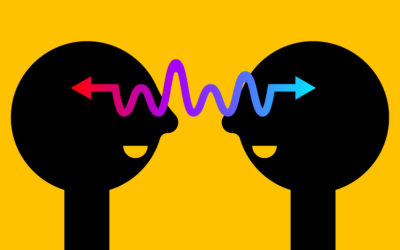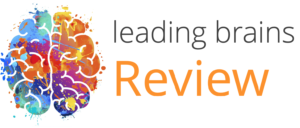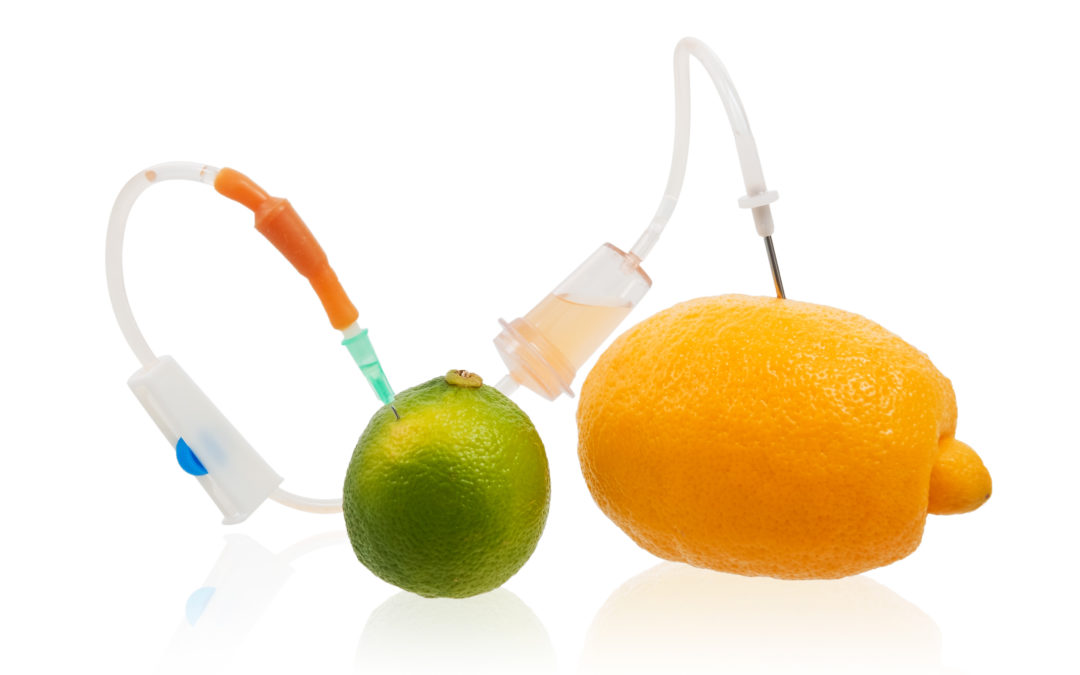Different areas of the brain are associated with empathy – this new research shows how brain regions synchronise to induce empathic responses.

The Negative Social Impact of Dealing with AI in the Workplace
Quick Hits
Daily brief research updates from the cognitive sciences
AI is a very hot topic at the moment. It is considered a tool that will be able to do everything and essentially replace human beings in the workplace. Not to mention the existential threat that some see. But at a more pragmatic level just working with AI seems like it can have some unintended consequences. Read on:
So what is negative about dealing with AI? Feeling stupid, maybe?
I suppose it could be, but I think most people see it as a tool to get more of what they want at the moment. This research looked at the psychological impacts of dealing with AI in the workplace in four locations (U.S., Taiwan, Indonesia, and Malaysia).

Ok, I’m intrigued, what did they find?
Tang et al. conducted studies in four countries that explored the impacts of interaction with AI. This included working as often as possible with AI systems for a three-week period and tracking psychological impacts with surveys. In another study half of the cohort wer instructed to avoid working with AI systems for three days and the other half to maximise their work with AI systems. They also included surveys of family members to report on other factors at home.
Oh wow, I like that idea? But you still haven’t told my what they found…
I’m getting there. The findings across all the studies and groups was consistent, it is important to note, suggesting that this is not cultural. So what did they find? They found that interactions with AI:
-
Increased feelings of loneliness
-
Increased insomnia
-
Increased after-work drinking
But there are some positive effects too…
Oh, that is fascinating – so it seems that interacting with “machines” actually does impact our social system. But why sleep and drinking?
Yes, fascinating. The loneliness could be intuited – after all if you’re interacting less with human beings, or less than usual, loneliness could be a logical consequence. We do know that social interaction is also rewarding and can calm anxiety – so maybe the increased anxiety is causing sleep disruptions and desire for rewards such as in drinking. That is all supposition though.
But there were some positive knock-on effects.
Oh, what were they?
They found that those who interacted a lot with AI were more willing to help others in the workplace!
Oh wow – lack of social interactions make people more helpful?!
Yes, it seems like the lack of social interaction makes people want to be more social and therefore more helpful. What is also interesting is the effect of personal social anxiety on this which was also measured.
And what was that?
Those who were more socially anxious, i.e. more worried or nervous about their social connections, responded stronger. On both sides. So they became more lonely than those who were less social anxious, but they also become more helpful!
That is surprising!
Kind of. Their high anxiety would make them more responsive.
Ok so what does this mean?
The researchers were quick to point out that this is correlational data and doesn’t prove causation, though one study did compare different scenarios. However, it would make sense that lowering interactions with human beings in favour of AI has an impact. Whether this is short- or long-term, or could be naturally compensated by other mechanisms, such as those helping behaviours, remains something for future studies to tease out.
For now we know that there are more than likely consequences, and unintended consequences, of working with AI that are very human.
Well, that makes me happy that I’ve got you to talk to!
Are you sure I’m not an AI programme…

Andy Habermacher
Andy is author of leading brains Review, Neuroleadership, and multiple other books. He has been intensively involved in writing and research into neuroleadership and is considered one of Europe’s leading experts. He is also a well-known public speaker, speaking on the brain and human behaviour.
Andy is also a masters athlete (middle distance running) and competes regularly at international competitions (and holds a few national records in his age category).
Reference
More Quick Hits
The Surprising Effectiveness of Coaching in Diminishing Burnout Symptoms
When Love Overrides Other Needs
Different areas of the brain are associated with empathy – this new research shows how brain regions synchronise to induce empathic responses.
The Negative Social Impact of Dealing with AI in the Workplace
Different areas of the brain are associated with empathy – this new research shows how brain regions synchronise to induce empathic responses.
How the Gut Influences Brain Development in Babies
Different areas of the brain are associated with empathy – this new research shows how brain regions synchronise to induce empathic responses.
Your Brain’s Own Cannabinoid Molecules Calm You Down
Different areas of the brain are associated with empathy – this new research shows how brain regions synchronise to induce empathic responses.
Role of Dopamine in Speed and Accuracy of Decisions
Different areas of the brain are associated with empathy – this new research shows how brain regions synchronise to induce empathic responses.













